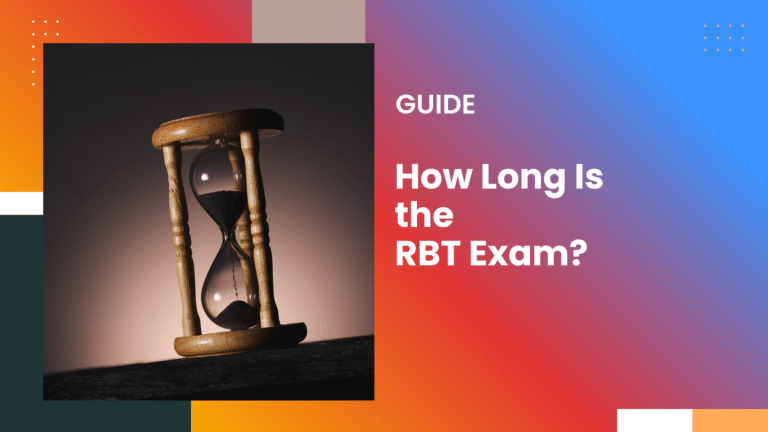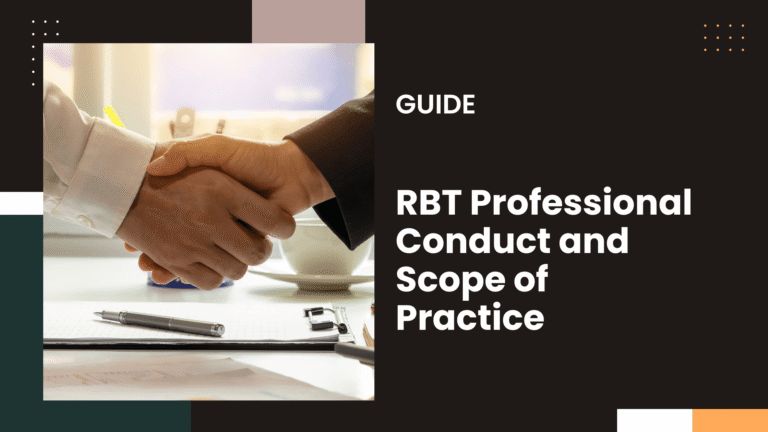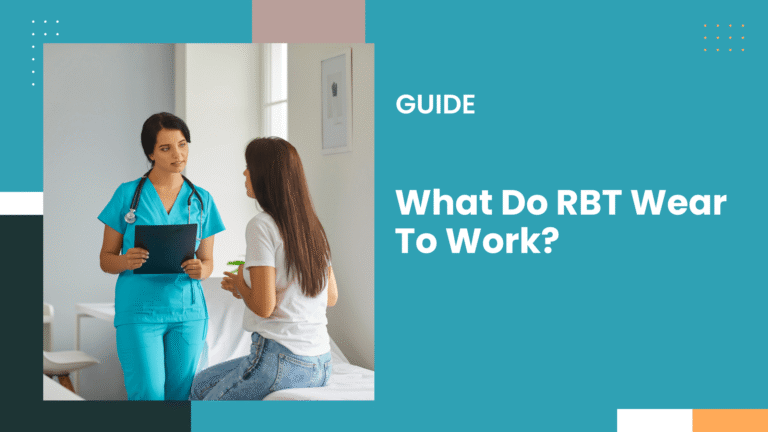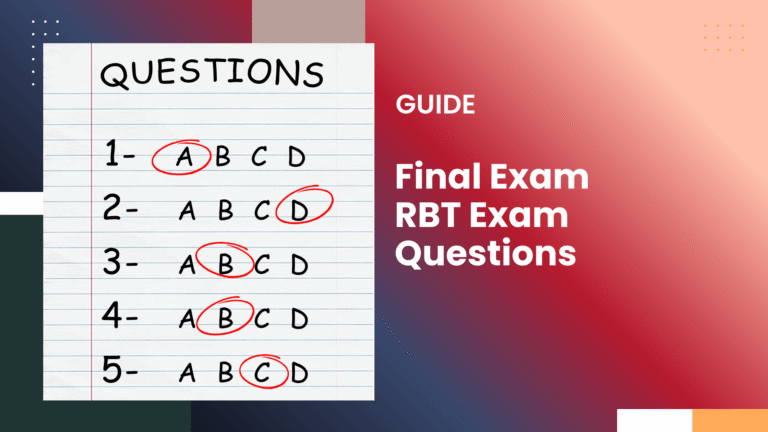According to Autism Partnership Foundation What are The RBT Standards
According to the Autism Partnership Foundation, RBT standards require comprehensive knowledge and ethical behavior, exceeding minimum certification requirements to ensure effective application of behavior analysis.
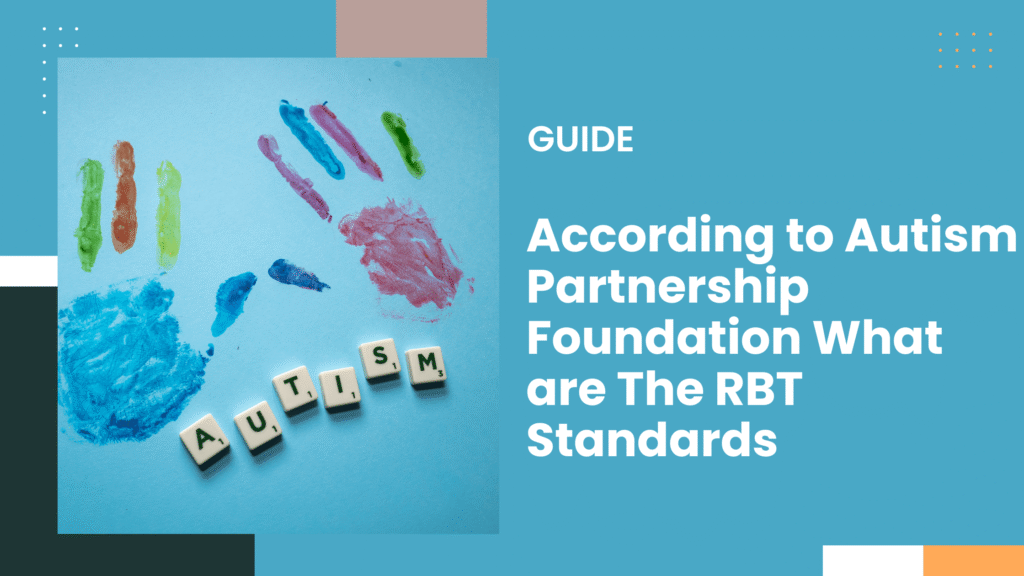
If you’ve been researching RBT training and know anything about it, you’ve probably run into the Autism Partnership Foundation (APF).
Trust me when I say this, they don’t settle for “good enough.” Their expectations for RBTs go far beyond memorizing terms or passing an exam.
If I have to put it in one sentence, for APF, a truly skilled RBT is someone who can apply ABA principles in real-world situations with precision, adaptability, and confidence.
3 Levels of RBT Competence According to APF
APF organizes RBT performance into three clear levels:
| Level | What It Means |
|---|---|
| Minimal | You know the basics but struggle to apply them effectively in actual client scenarios. |
| Adequate | You meet ethical and procedural requirements, and you can deliver services consistently. |
| Comprehensive (APF’s gold standard) | You have a deep understanding of ABA, can adapt to changing needs, and consistently deliver high-quality interventions. |
So, from these, what are you expected by APF? Well, they expect RBTs to aim for comprehensive competence, not stop at “adequate” and definitely not settle for “minimal.”
Addressing the Common Misunderstanding
Some sites incorrectly say APF considers RBT standards “minimal.”
No, that’s not accurate at all.
In APF’s own training approach, the goal is comprehensive knowledge and application, not just the basics.
Why APF’s Standard Should Matter to You?
When you’re preparing for the RBT exam or using my free RBT quizzes, mock tests, and practice exams, you need to keep APF’s higher expectations in mind, which will change your entire study strategy:
- Study for mastery, not just to scrape by.
- Practice applying skills in realistic scenarios, not just identifying them on paper.
- Prepare for the job itself, so when you start working with clients, you’re ready to make a real impact from day one.
In my personal expert opinion, APF’s standards are about creating RBTs who don’t just do the job; they excel at it.
And I’m glad they are upholding the standards.
Employers notice that difference, and so will the families you work with. So, in the end, it’s a win-win for both sides.
What does “comprehensive knowledge” mean in RBT standards?
It means RBTs must have a deep understanding of behavior analysis principles and be able to apply them effectively across various real-world situations, not just meet basic training requirements.
How do these standards differ from minimum certification requirements?
The Autism Partnership Foundation’s standards go beyond the minimum by focusing on practical competence, ethical decision-making, and flexible application of interventions.
How can RBT candidates meet these comprehensive standards?
Through quality training programs that include hands-on practice, ongoing supervision, and education on ethical guidelines alongside technical skills.


